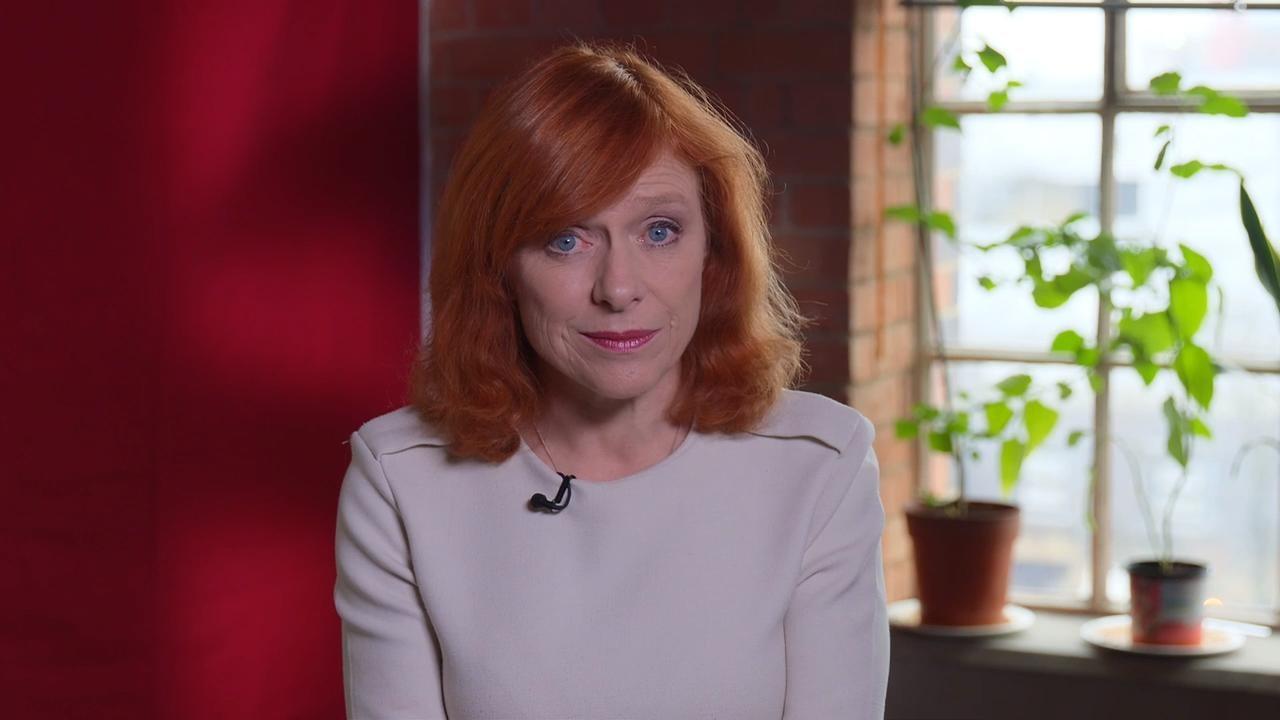
Video: Can endometriosis occur whilst pregnant?
Peer reviewed by Dr Krishna Vakharia, MRCGPLast updated by Lydia SmithLast updated 3 Aug 2023
Meets Patient’s editorial guidelines
- DownloadDownload
- Share
- Language
- Discussion
Endometriosis, a condition in which tissue similar to the lining of the womb grows elsewhere like the ovaries or bowel is one of the most confusing conditions women can face. While some women have no symptoms, for others, it can be debilitating. Dr Sarah Jarvis explains some of the essential information to know.
In this article:
Playlist: Endometriosis Q&A
7 videos
Can endometriosis occur whilst pregnant?
Dr Sarah Jarvis MBE, FRCGP
Can endometriosis occur whilst pregnant?
Dr. Sarah Jarvis MBE, FRCGP

How much does endometriosis affect fertility?
Dr. Sarah Jarvis MBE, FRCGP

How often does endometriosis occur?
Dr. Sarah Jarvis MBE, FRCGP

Can endometriosis be misdiagnosed?
Dr. Sarah Jarvis MBE, FRCGP

How far can endometriosis spread?
Dr. Sarah Jarvis MBE, FRCGP

Does endometriosis hurt?
Dr. Sarah Jarvis MBE, FRCGP

How to reduce pain caused by endometriosis?
Dr. Sarah Jarvis MBE, FRCGP
Continue reading below
Can endometriosis occur whilst pregnant?
Having endometriosis can make it harder for you to get pregnant and if you do get pregnant, your symptoms may get worse in the first three months. However many women find that later in pregnancy, the high levels of the hormone progesterone reduces the symptoms of endometriosis. However it is not a cure for endometriosis - and those symptoms may well come back after you deliver your baby.
How much does endometriosis affect fertility?
To an extent how much endometriosis affects your fertility depends on how severe it is. In fairly mild cases, most women have normal fertility. We don’t have absolute estimates, but endometriosis.org estimates around 60 to 70 percent of women with endometriosis can conceive without interventions1. Scarring as a result of endometrium-like tissue, such as on your fallopian tubes or your ovaries, may make things worse but other factors may be involved too.
Continue reading below
How often does endometriosis occur?
We don’t know how often endometriosis occurs because we think that a lot of women either they don’t go to see their doctor about symptoms of endometriosis or if they do, are never diagnosed.
That means the figures we’ve got are probably the tip of the iceberg. Some estimates suggest between one in ten women get some degree of endometriosis during their lifetime2. What we do know is that if endometriosis runs in your family, you are more likely to be affected.
Can endometriosis be misdiagnosed?
Unfortunately endometriosis is still misdiagnosed all too often. If it is diagnosed it often takes a long time. Estimates suggest that the average time to diagnosis is about four years if endometriosis is causing fertility issues, and seven and half years if it is causing pelvic pain.
One of the problems is that examinations and ultrasounds aren't very accurate ways of diagnosing endometriosis. What you really need for an accurate diagnosis is a laparoscopy, a surgical procedure where a little telescope is put through the wall of the stomach to have look at what’s going on inside.
Continue reading below
How far can endometriosis spread?
Endometriosis is when endometrium like tissue, that’s cells that are like the cells that line the inside of your womb is found anywhere other than the inside of your womb. The most common place to find this is in your pelvis outside your womb, so on your fallopian tubes, your ovaries or the outside of your womb.
But it can also be found on your bladder, on your bowel and in some cases, much less commonly it can spread to very distant part of your body including even the liver or the lungs.
Does endometriosis hurt?
Endometriosis where endometrium-like tissue which normally lines the inside of your womb is found anywhere other than the lining of your womb is often largely a bad pain.
Symptoms include very painful periods, painful sex, pain between your periods or pain sometimes when you wee or open your bowels. That pain is often in your lower stomach , but it also can go to your lower back and the top of your thighs.
How to reduce pain caused by endometriosis
Around 3 in 10 women find the endometriosis resolves all on its own and some have fairly mild symptoms that can be relieved with painkillers. However, many women have more severe symptoms.
The endometrium-like tissue that causes the symptoms of endometriosis depends on oestrogen, so drugs that block this hormone can relieve the symptoms. These include medicines such as the GnRH analogues and a drug called Danazol. Sometimes an IUS, a hormone releasing coil fitted into the womb or the combined oral contraceptive pill may help. But none of these treatments are a cure. The best way to cure endometriosis is surgery.
Further reading
Patient picks for Endometriosis

Women's health
Video: Can endometriosis occur whilst pregnant?
Endometriosis, a condition in which tissue similar to the lining of the womb grows elsewhere like the ovaries or bowel is one of the most confusing conditions women can face. While some women have no symptoms, for others, it can be debilitating. Dr Sarah Jarvis explains some of the essential information to know.
by Lydia Smith

Women's health
Can changing your diet ease endometriosis symptoms?
Endometriosis affects around one in ten women in the UK and can cause pain, infertility and misery. There's no guaranteed cure; while in some cases it settles on its own, it's usually treated with medication or surgery. However, some women claim that adopting an endometriosis diet by eating or avoiding certain foods can help reduce endometriosis symptoms. So what's the truth?
by Natalie Healey
Continue reading below
Article history
The information on this page is peer reviewed by qualified clinicians.
Next review due: 3 Aug 2026
3 Aug 2023 | Latest version
18 Mar 2018 | Originally published
Authored by:
Dr Sarah Jarvis MBE, FRCGP

Ask, share, connect.
Browse discussions, ask questions, and share experiences across hundreds of health topics.

Feeling unwell?
Assess your symptoms online for free
Sign up to the Patient newsletter
Your weekly dose of clear, trustworthy health advice - written to help you feel informed, confident and in control.
By subscribing you accept our Privacy Policy. You can unsubscribe at any time. We never sell your data.